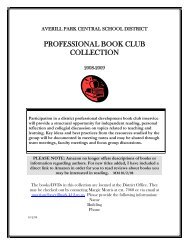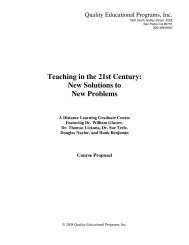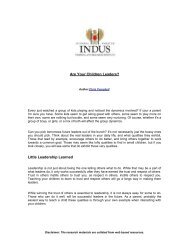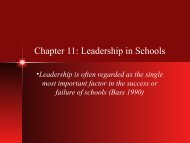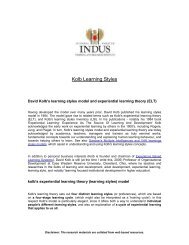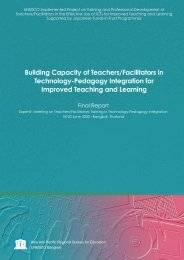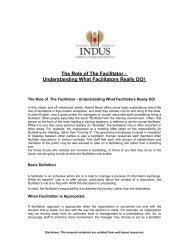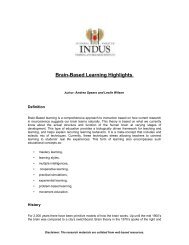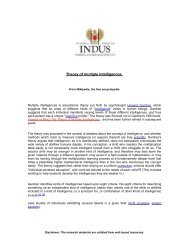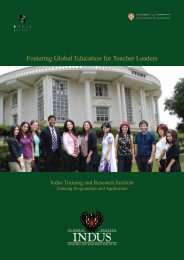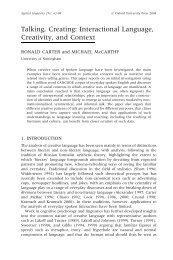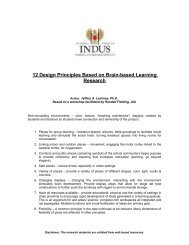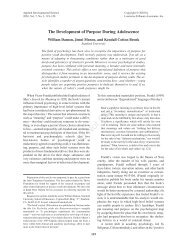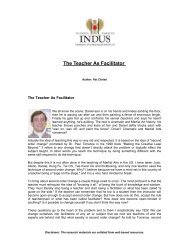Primary Years Programme Making the PYP happen - ITARI
Primary Years Programme Making the PYP happen - ITARI
Primary Years Programme Making the PYP happen - ITARI
- No tags were found...
Create successful ePaper yourself
Turn your PDF publications into a flip-book with our unique Google optimized e-Paper software.
<strong>Making</strong> <strong>the</strong> <strong>PYP</strong> <strong>happen</strong><br />
Decreased emphasis on:<br />
language as isolated strands<br />
language as a separate discipline<br />
skill-drill texts and workbooks<br />
decoding only for accuracy<br />
restricted reading materials<br />
reading selected according to<br />
decoding level<br />
teacher-directed reading materials<br />
silent, individual work<br />
a narrow focus on one strategy<br />
or mode<br />
teacher-imposed writing<br />
writing primarily for accuracy<br />
writing only as a product<br />
a dependence on <strong>the</strong> teacher as <strong>the</strong><br />
only source of correct spelling<br />
<strong>the</strong> teacher as an infallible expert<br />
fragmented scheduling<br />
language study as grammar<br />
and syntax<br />
literature study as vocabulary,<br />
grammar and syntax<br />
school classics<br />
monocultural materials<br />
superficial coverage<br />
print only<br />
using language for rote learning<br />
fixed grouping for teaching<br />
standardized reading and writing<br />
assessments<br />
Figure 26 <strong>PYP</strong> practices: language<br />
How are language practices changing<br />
Increased emphasis on:<br />
integrated language development<br />
language as a transdisciplinary element<br />
a literature-based approach<br />
reading for meaning<br />
a wide choice of print<br />
reading selected according to interest level<br />
student-selected reading materials<br />
appropriate cooperative discussion<br />
teaching a range of strategies<br />
spontaneous writing<br />
writing for meaning<br />
writing as a process<br />
developing a range of independent spelling<br />
strategies<br />
<strong>the</strong> teacher as a facilitator<br />
extended in-depth learning periods<br />
nurturing appreciation of <strong>the</strong> richness of<br />
language<br />
literature as a means of understanding and<br />
exploring<br />
world classics<br />
culturally diverse materials<br />
in-depth study<br />
multi-media resources<br />
using language for creative problem<br />
solving and information processing<br />
flexible task-responsive grouping<br />
a range of appropriate assessment methods,<br />
such as portfolios, conferencing, miscue<br />
analysis, writing sample analysis, response<br />
journals<br />
© IBO 2000 77



